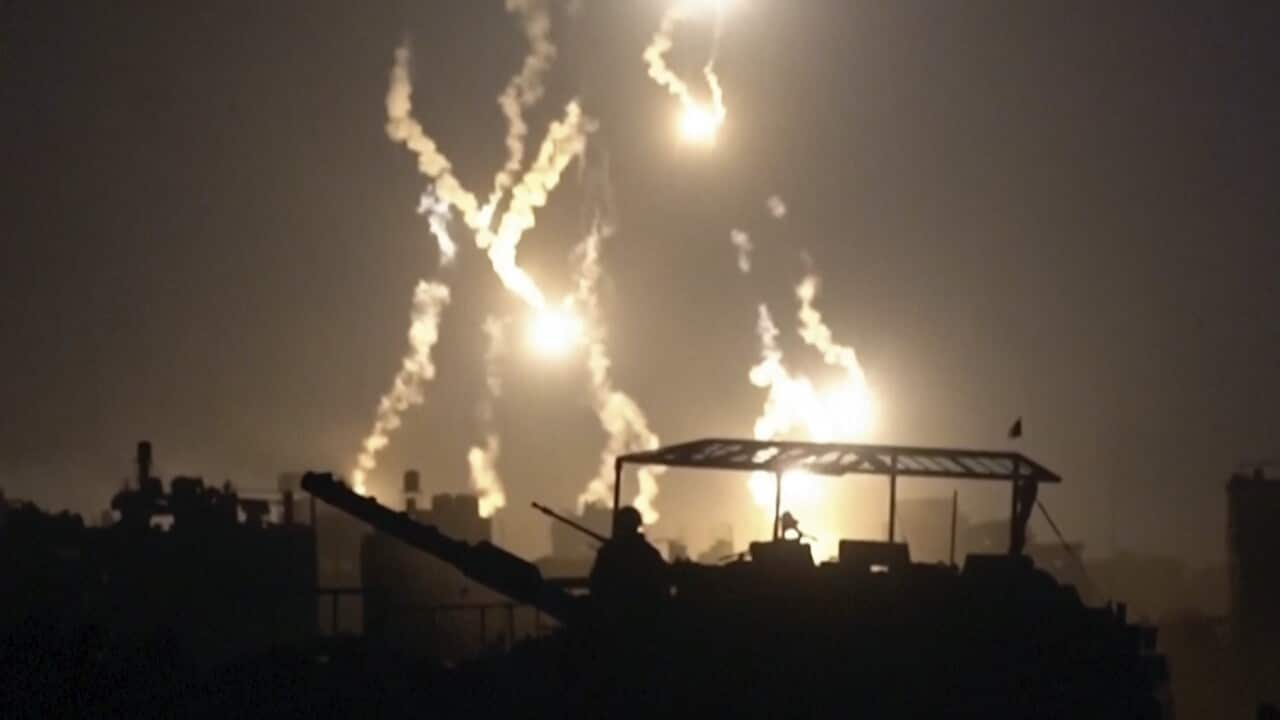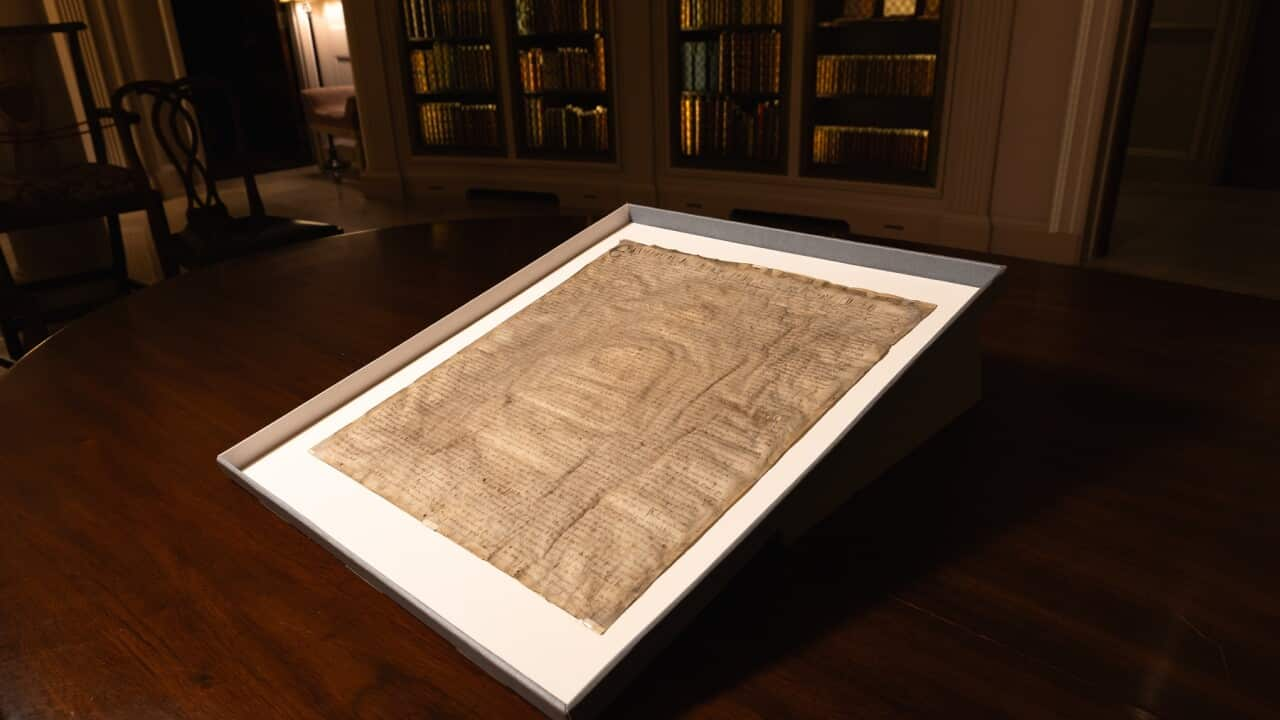TRANSCRIPT
The war in Gaza may still be raging - but the international community is already looking ahead to when the fighting might be over.
Anthony Albanese says he'll be having discussions with the United States on the sidelines of APEC in San Francisco about a way forward.
"We have said very clearly that Israel has a right to defend itself, but how it defends itself matters as well. And we do need to - I think - begin to have discussions about what happens in the future in that region, in Gaza. We know that Hamas - not a potential for peace because of their own position. But we need to have those discussions and clearly the international community will have a role to play."
For now, the international community, most visibly represented by the United Nations, says their immediate concern is the protection of civilians who it's feared have borne the brunt of long existing tensions, and Israel's current mission to destroy Hamas in the wake of the October 7 attacks.
The UN Security Council has passed a resolution that calls for urgent and extended humanitarian pauses and corridors in Gaza. Palestinian Permanent Observer to the UN, Riyad Mansour, says the resolution is too little, too late.
"The Security Council should have called for a cease-fire a long time ago. It should have called for a ceasefire now. It should have heeded the call by the UN and every humanitarian organisation on earth calling for a humanitarian cease-fire... It should have been convinced that there is no military solution, especially one that relies on the commission of atrocities, and it should have advanced political ones."
But Israel's Delegation to the UN has pushed back. The Deputy Permanent Representative Jonathan Miller says Israel is upholding international law and not targeting civilians.
"Israel's mission, as we've stated clearly before, is to eliminate Hamas’s capabilities. This is not about retaliation or revenge for Hamas's violence. This is Israel's upholding her right to self-defence, ensuring that such horrors are never repeated. Is the fulfillment of our collective oath of ‘Never again.’”
The US abstained from the Security Council vote. State Department spokesperson Matthew Miller says the United States is in active talks with Israel on what can be done to keep civilians safe from harm.
"They need to ensure that they're safe, that there are humanitarian quarters for civilians, there's protection for civilians, there are human pauses so that civilians can get themselves out of harm's way, and that we can get humanitarian assistance into them, and there are ultimately places that they can be safe from harm. That is an active, ongoing conversation between our government and the government of Israel."
Relief organisations continue to press for humanitarian aid, arguing civilians aren't being shielded from the fighting.
The World Food Program has released a video showing empty shelves in shops and food being distributed to families sheltering within the grounds of United Nations schools in Gaza.
Palestine Country Director Samer Abdeljaber says food shortages have taken hold.
"People are going hungry. In Gaza, people are surviving on just one meal a day if they are lucky."
The head of the U.N. Palestinian refugee agency, Phillipe Lazzarini, says they believe there is a deliberate attempt to "strangle" its work in Gaza because only one fuel truck has been allowed in since the start of the bombardment - and that was this week.
"UNRWA is now running out of fuel... Without the fuel, we will not be able to bring the relief that we are receiving from Egypt to the people in need. And clearly, if the issue of the fuel is not addressed, we run the risk to have to suspend the entire humanitarian operation."
Human rights chief Volker Turk believes the end result of the shortages will be a major disease outbreak.
"The total depletion of fuel supplies is imminent, according to UNRWA, and it would be catastrophic across all of Gaza – leading to the complete collapse of water, sewage and crucial healthcare services, and ending the trickle of humanitarian assistance that has been permitted to date. Massive outbreaks of infectious disease, and hunger, seem inevitable."
Israel remains adamant it will stay the course. UN representative Jonathon Miller says it is Hamas who is making things worse.
"The reality is that Israel has no choice but to continue with our mission to obliterate Hamas's capabilities and bring our hostages home. Should Hamas choose to lay down their arms, turn themselves in and hand over the hostages unscathed, this war would end immediately."
There are signs that Israel's military operation may soon shift to the south.
Israeli military Chief of Staff Herzi Halevi has said in a visit to the frontline that the IDF is close to destroying the military system that existed in the north of the Gaza Strip.
And after pushing for civilians in the north to evacuate, Israeli authorities have now dropped leaflets in four southern Gaza towns encouraging them to move.
But this man, Atya Abu Jabal, says there's nowhere left for them to turn.
"They (Israel) asked us the citizens of Gaza to go to the south, we went to the south, now they are asking us to leave, where do we go? we want to understand where exactly we should go?"













